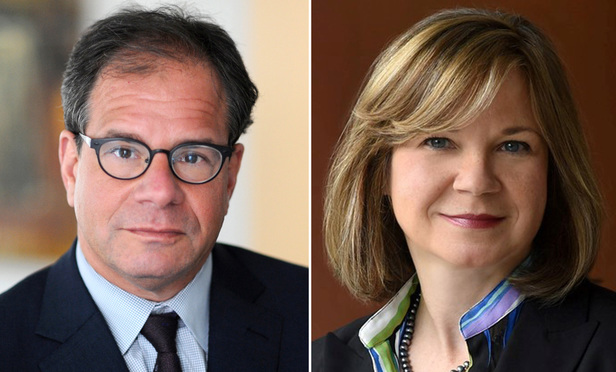The Appellate Division, First Department, recently affirmed the dismissal of various claims brought by New Greenwich Litigation Trustee, successor to the claims of two feeder funds in the Bernard Madoff affair, against various third-party fund administrators, accountants and auditors. In New Greenwich Litigation Trustee, LLC v. Citco Fund Services (Europe) B.V.,1 the court relied on the Court of Appeals’ decision in Kirschner v. KPMG LLP,2 to reaffirm the broad application of the in pari delicto doctrine to all situations involving equal or mutual fault, and to construe narrowly the recognized exceptions to this doctrine. It thus held that, even when a successor trustee is asserting the interests of innocent creditors when prior management has acted wrongfully, the court will impute prior management’s wrongful acts to the company.
The in pari delicto doctrine—”in pari delicto potior est conditio defendentis” means “In a case of equal or mutual fault, the position of the [defending party] is the better one,”—precludes the courts from interceding to resolve a dispute between two wrongdoers. It is a longstanding common law doctrine that serves the public policy aims of deterring illegal conduct by denying wrongdoers judicial relief and preventing the waste of public resources should the courts become entangled in disputes between wrongdoers. In New York, the principle underlying the doctrine is so strong courts have held that it should be applied even in difficult cases, and should not be “weakened by exceptions.”3



